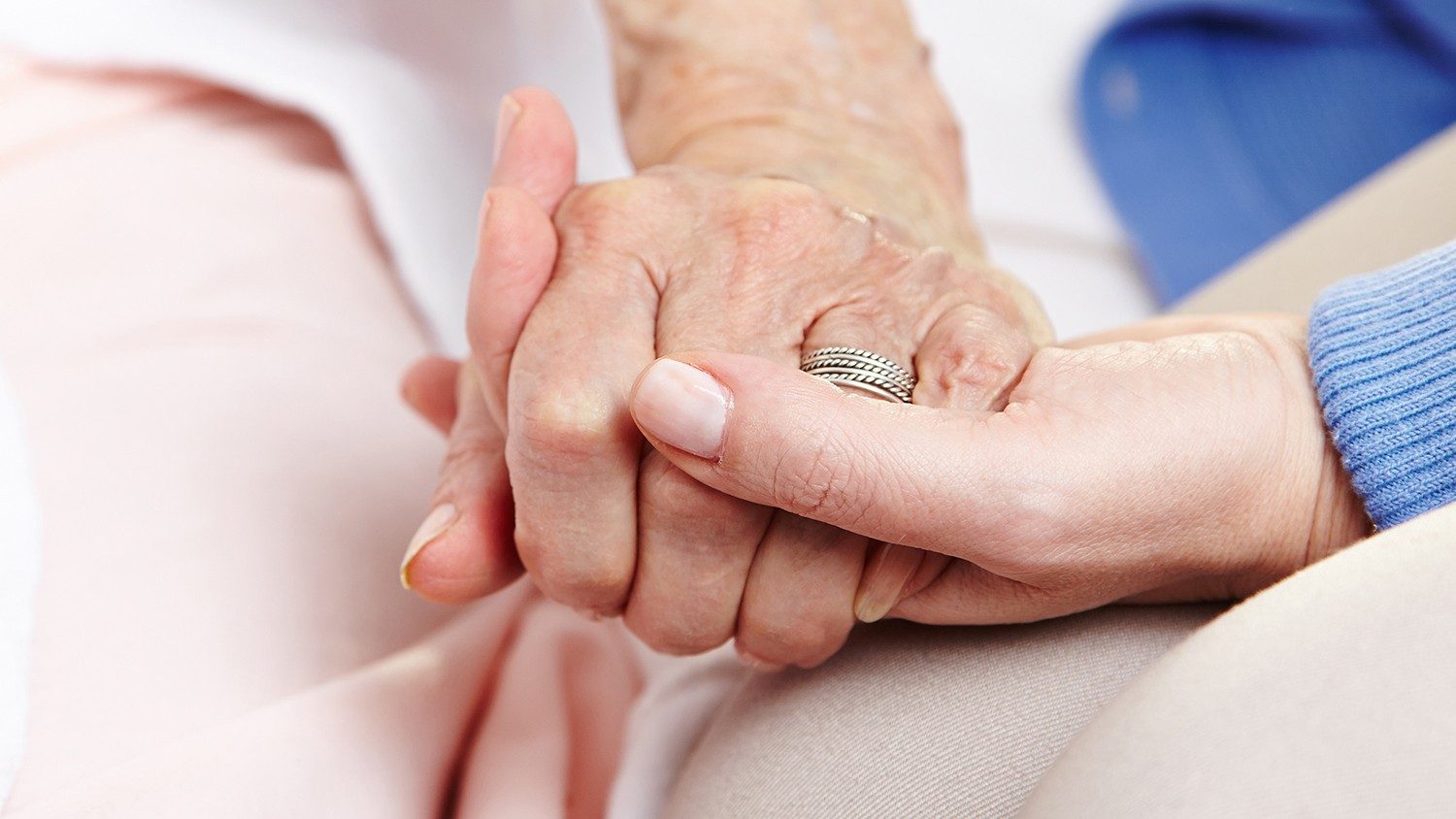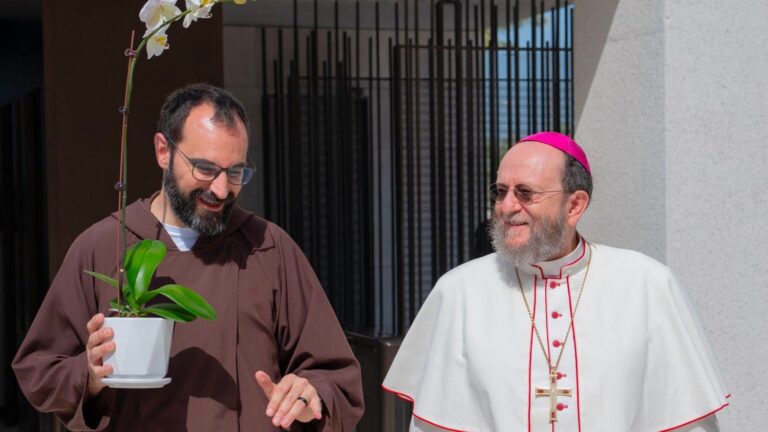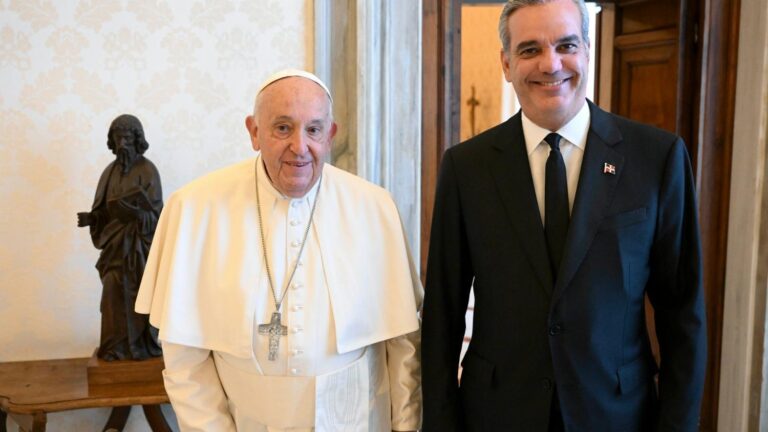Irish Bishops underscore compassion and healing in end-of-life care
Vatican news
The Bishops of Ireland have issued a pastoral letter to people of faith and goodwill who wish to protect and support human life in end-of-life situations.
By Thaddeus Jones
The Irish Catholic Bishops' Conference has issued a pastoral statement entitled “The freedom to live fully, until death” to inform people of faith and goodwill who desire to protect and support human life with dignity and compassion, especially in the final weeks of a terminal illness.
The pastoral letter was published in late June 2024, ahead of national discussions following the Irish Parliament's 'Final Report of the Joint Committee on Assisted Dying', published in March, in which the Government introduced legislation to allow for assisted dying in certain circumstances.
The pastoral statement includes a text, but also a 35-minute video that explains and illustrates the Church’s teachings on end-of-life care, and in particular its emphasis on the compassionate care needs of the whole person. Bishop Kevin Doran of the Diocese of Elphin and chairman of the Irish Bishops’ Council for Life spoke to Vatican News (full interview below) and said the aim of the video was to better convey the human reality of these issues.
The video The film, “Through the Valley,” is a collection of reflections and conversations with terminally ill patients, family members of those who have died of terminal illness, and health care professionals. Bishop Doran believes that “this film medium captures… a human story that is so important in getting the message across that it is truly possible to live fully and richly, even with terminal illness and even in palliative care.”
The pastoral letter immediately emphasizes that “every human person possesses an infinite, inalienable dignity deeply rooted in his or her very being, which prevails in and beyond every circumstance, state or situation that the person may encounter.”
Growth, inner healing, peace
Palliative and pastoral care ideally focus on the needs of the whole person, in collaboration with those close to them who care for the person, in light of God’s unconditional love for all and the Christian duty to respond in turn. The statement and video illustrate how the final weeks of a terminal illness can offer profound experiences of human and spiritual growth, the healing of past wounds, and the discovery of inner peace, even when the value of human life may be difficult to recognize in weakness and fragility.
More life in the last days
The pastoral letter recalls that “the Church has never insisted on resorting to extraordinary means to prolong life” or on any moral obligation for a sick person “to accept a treatment that she considers excessively burdensome.” But “assisted suicide” would undermine the confidence of the terminally ill, remove any prospect of growth or healing and mark a failure of hope, the statement notes.
The document affirms the “freedom to live” with the support of a “compassionate community of care” as the appropriate response that deeply respects human dignity, while “by legislating on assisted suicide or euthanasia, the State would contribute to undermining the confidence of people in the terminal phase, who want to be cared for and want to live life to the fullest possible extent until death occurs naturally.”
Response to recent euthanasia legislation
In response to the possible introduction of legislation facilitating assisted suicide or euthanasia, Bishop Doran, speaking to Vatican News, warns that “the moment you accept the principle that one person can deliberately take the life of another person, then the foundations of civilization are undermined because sick people feel vulnerable, they feel in danger when they should always feel that they can trust health professionals.”
The bishops also warn in their pastoral statement that “it would only be a matter of time before proposals are again on the table to expand access to assisted suicide to the most vulnerable in our society, including those with intellectual disabilities.” At the same time, undue pressure could be placed on doctors and nurses to participate directly or through a designated person in acts aimed at ending life that they consider wrong or immoral, the bishops stress, and they “call on Catholics to stand firmly with nurses and doctors who defend life,” because “one day it may be your life.”
Vatican news
sc






